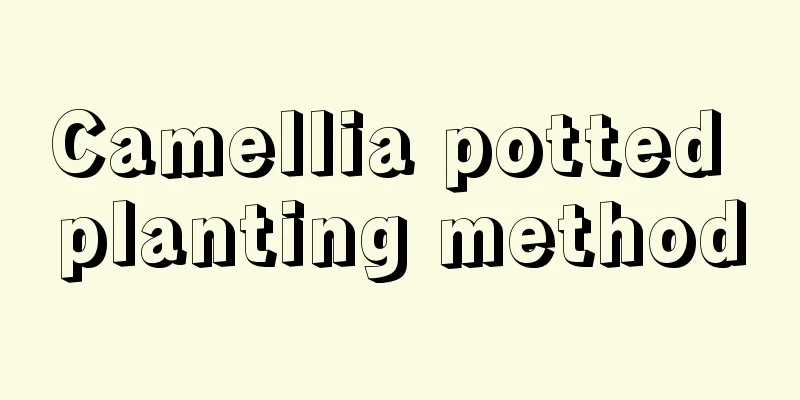How long does it take for the transplanted plum blossom to take root? When is the best time to transplant the plum blossom for survival?

1. How long does it take for the transplanted plum blossom to take root?When transplanting, remove the plant from the pot first. If root rot is found, cut off the rotten roots, and also cut off most of the weak, diseased, and aging roots, leaving only some strong roots. After such pruning, it usually takes one or two months for new roots to grow. If you only do a slight pruning and only cut a small amount of the roots, the rooting time will be shorter, and it will generally take about a month to grow. 2. When is the best time to transplant plum blossoms?Transplanting plum blossoms requires choosing an optimal time period to reduce the impact on the plants. Usually, plum blossoms can be transplanted in early spring, which is in February or March every year. The transplanting temperature at this time is more suitable, which is conducive to the plant acclimatizing and returning to normal growth as soon as possible. Be careful to be as gentle as possible when transplanting to minimize damage to the root system, and try to ensure that the plant's roots carry more of the original soil ball. 3. Precautions for transplanting plum blossomsWhen transplanting plum blossoms, try to ensure that the root system is intact. You can transplant them with soil to make it easier for them to adapt to the pot. However, if the plant's roots are damaged, rotten, or have other poor growth problems, they should be properly pruned and potted after disinfection and sterilization. The soil for the new pot should be air-permeable and water-permeable and contain certain nutrients. You can add some base fertilizer into the pot. After potting, give it an appropriate amount of water to ensure that the plant has sufficient water supply for recovery. Afterwards, place it in a cool place with good ventilation to avoid direct sunlight that may dehydrate the plant, so as not to affect the plant's adaptation to the pot and survival. |
<<: Do peanuts grow in the soil or in the ground? Simple methods for growing peanuts
>>: Changes in plants in winter, changes in plants in autumn
Recommend
Water bamboo cultivation methods and precautions
1. Hydroponic culture method 1. Water quality: Th...
How often should I water heather?
1. How often should I water? Heather has differen...
How many years does it take for a tangerine tree to bear fruit?
Introduction to Planting Mandarin Orange Trees Th...
What kind of soil is best for Clivia to grow roots? What are the disadvantages of using pine needle soil?
1. What soil to use for root cultivation When cul...
What is the function of bicolor jasmine
Ornamental effect The bicolor jasmine has bright ...
How to propagate the flying feather arrowroot
Division method Time selection: Generally speakin...
Can jasmine survive if its leaves turn yellow? What should I do if the leaves turn yellow?
1. Can the plant survive if yellow leaves appear?...
What is the best month to plant lemons?
What month is suitable for planting lemons? Lemon...
What to do if leaves turn yellow and fall off in June
June snow new potted plants yellow leaves fall of...
Top Ten Pine Trees in China
There are many types of pine trees in China, but ...
Apple tree planting and management technology in May
In early May, apple trees in northern China gener...
When is the best time to repot the Weeping Guanyin? Repotting methods and precautions
Time to change the pot of the weeping angel The w...
What flowers should I send to my teacher?
1. Carnation Carnations of different colors have ...
The difference between miniature coconut and areca palm
1. Difference in appearance The miniature coconut...
How to prune rose begonia
When to prune rose begonia Pruning of rose begoni...









